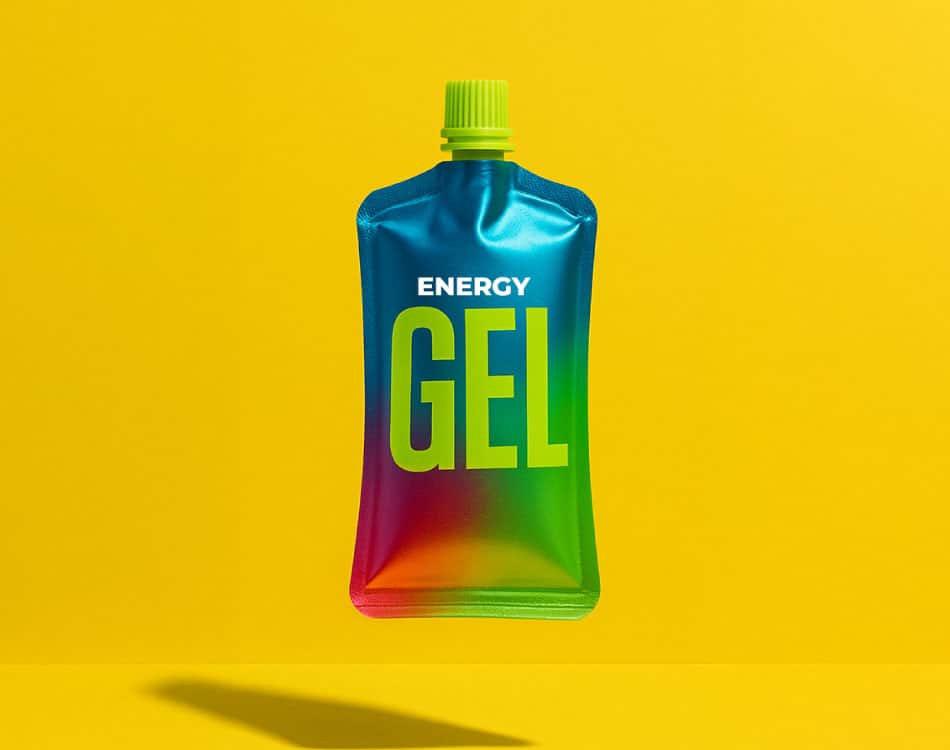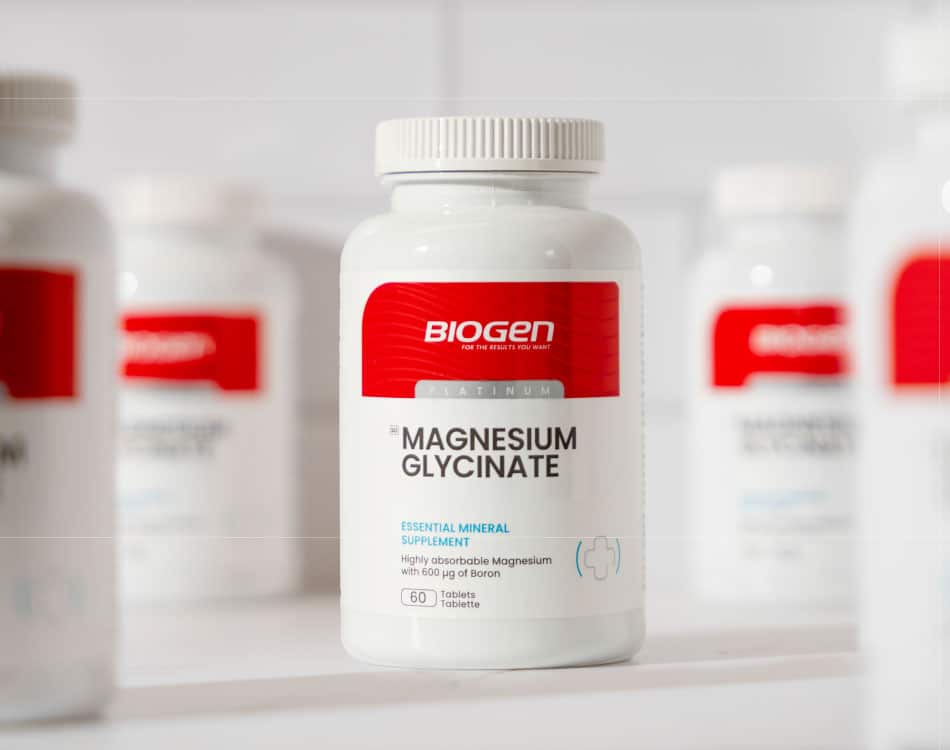The International Society of Sports Nutrition’s position stand on creatine is unequivocal.
It states: “creatine monohydrate is the most effective ergogenic nutritional supplement currently available to athletes in terms of increasing high-intensity exercise capacity and lean body mass during training.”
Basically, creatine is the most prolific legal performance enhancer at our disposal. Unsurprisingly, gym-goers and power athletes around the world have made creatine a mainstay in their supplement regimens.
Given this legacy, creatine may not seem like a logical supplement for endurance athletes but based on continued research, a quality creatine supplement could provide surprising performance benefits beyond just muscle and strength gains.
READ MORE | Is Creatine The Ultimate Performance-Enhancer?
Scientific support for creatine as an endurance supplement
Creatine monohydrate is the most extensively studied and clinically effective form of creatine in terms of muscle uptake and its ability to increase high-intensity exercise capacity.
But continued research also reveals that creatine can support muscle and aid recovery by limiting muscle loss. For example, a team of Australian scientists found that creatine may deliver a greater muscle-sparing effect than whey protein.
Based on findings from the AST Sports Science-funded study, the researchers concluded that: “Creatine supplementation appears to offer an element of myoprotection which was not observed following whey protein supplementation.”
According to the researchers, these observations suggest that creatine supplementation both reduces the extent of muscle damage and/or enhances muscle fibre regeneration. They suggest that the structural improvements are due to increased cell fluid volume, which may underpin the benefits observed in the later stages of recovery.
This benefit is especially helpful when endurance athletes choose to train in a carbohydrate-depleted state or in an energy deficit.
And this super supplement’s muscle-sparing benefit could also help athletes make a quicker return to training following an injury by helping them retain more muscle during the rehabilitation process.
READ MORE | 5 Gym Supplements For Endurance Athletes
Stacked for success
Combining creatine with other common endurance supplements could unlock additional benefits. For example, caffeine is already popular in endurance circles for its proven performance-enhancing benefits. So what happens when you combine two proven and trusted supplements?
The caffeine plus creatine combo gained traction after a 2011 study proved that supplementing with creatine without caffeine for five days followed by a relatively high dose of caffeine an hour before exercise improved muscular power output significantly during high-intensity exercise.
In this study, acute caffeine ingestion following a creatine-loading protocol did not negatively influence the effects of creatine, as was found in previous research.
The resultant improvement in energy production, muscle performance and the cognitive boost (not just from caffeine, mind you, but more on that later…), makes the caffeine and creatine combo an ideal option on days when you need to train harder, like during key workouts such as intervals, hill repeats or track sessions. It is also a great option for shorter, more intense racing.
Based on the available evidence, you will likely get the greatest benefit in these instances when you avoid chronic, high-dose caffeine intake and use it acutely to add to the performance-boosting effect of creatine.
READ MORE | Better Together: Creatine And HMB
Up the interval intensity with creatine
But research also shows that you can get this performance boost from creatine alone. A study published in the journal Medicine and Science in Sports and Exercise demonstrated that creatine supplementation significantly increased interval power performance by 18%.
Ingesting creatine also reduced glucose consumption during the study, which means athletes would have more of this important energy source for sustained lower intensity activity following an intense effort in a race or training session.
In this study, researchers concluded that: “creatine supplementation at doses of 6 g daily has positive effects on short-term exercise included into aerobic endurance exercise.”
Other studies also show how creatine supplements can lower your relative effort at higher intensities. In one such study, which studied how creatine supplementation alters the response to a graded cycle ergometer test, participants performed the sub-maximal workloads “at a lower oxygen cost with a concomitant reduction in the work performed by the cardiovascular system.”
READ MORE | Study Shows Creatine Fuels And Protects Muscle
Broader benefits to creatine supplementation
If these benefits weren’t enough, endurance athletes that periodically include creatine in their supplement plans may also benefit from a cognitive boost.
Research conducted by scientists at the University of Sydney and Macquarie University in Australia found that a creatine supplement delivered a significant boost to brain function, including memory, alertness and intelligence.
For endurance athletes, this could equate to better decision-making when you are more fatigued and could lower perceived effort during hard training and racing.
So don’t let stereotypes and preconceived ideas about this highly acclaimed supplement hold back your performance any longer. There is sufficient scientific evidence available to support your decision to give creatine a try!















